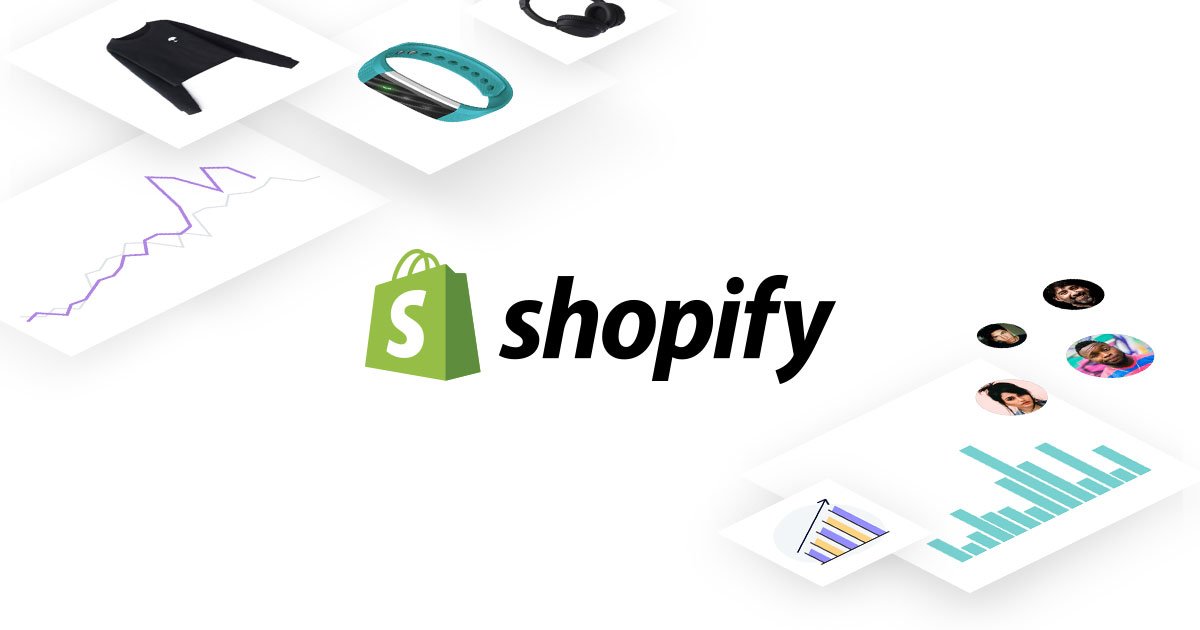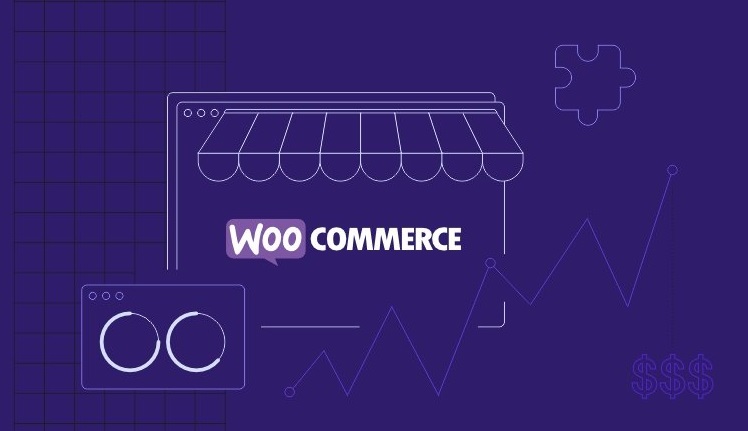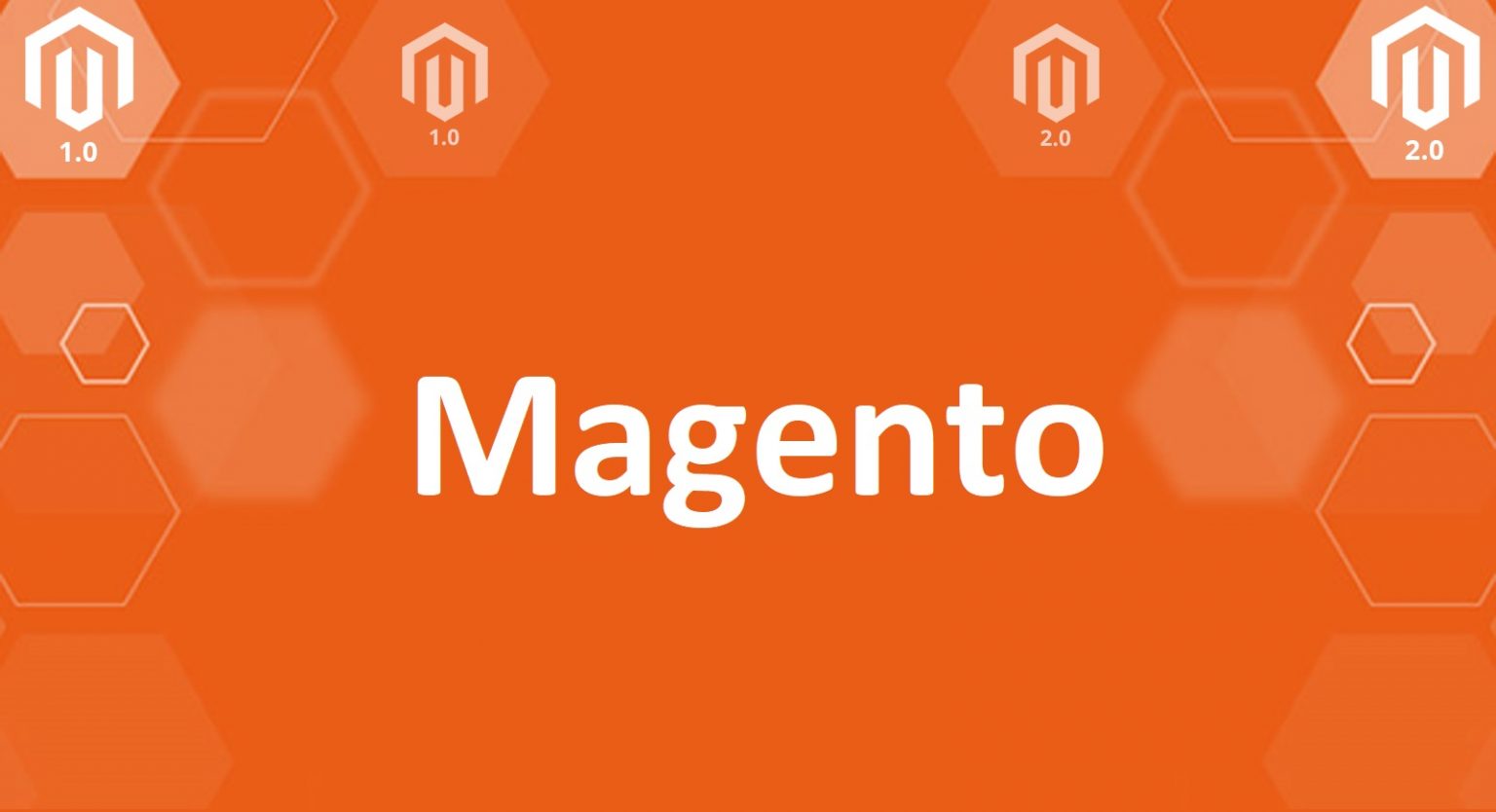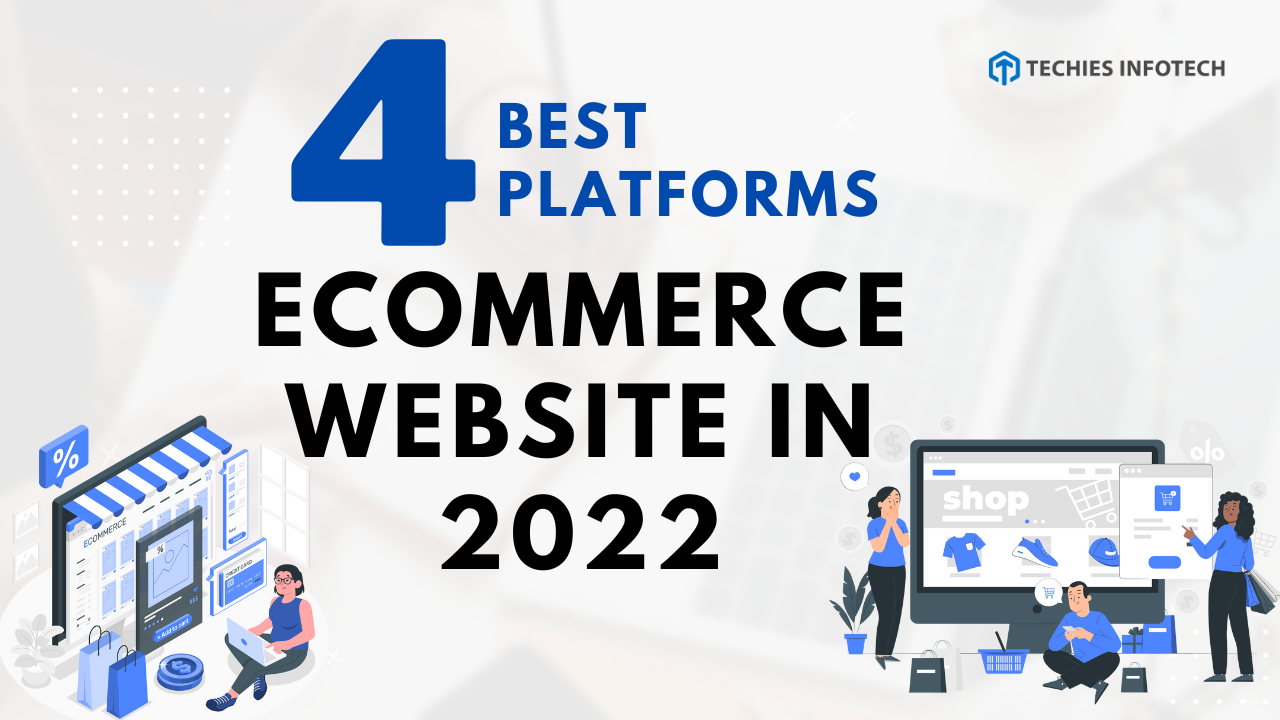There is a boom in online shopping. A part of this can be attributed to the ongoing pandemic, but part of it is a long-term trend.
Statista reports that almost 80% of U.S. consumers shop online, and over 50% prefer to purchase online rather than in person. The industry is expected to be worth trillions of dollars by the end of 2022.
Sellers are in luck because, with the right tools, any small business can quickly start selling online and make money. With a decent eCommerce store, you can list your products, take payments, and handle shipping—all without leaving the comfort of your home office.
No matter what type of business you have, whether you are an independent creative or a multinational corporation, there are solutions available. Building an eCommerce website isn’t that difficult, but choosing the wrong eCommerce platform will hurt your business quickly. Based on objective performance data, feature set, and value, this article will give you an overview of some of the top eCommerce platforms in 2022.
Let’s find the best e-commerce platform that comes with all the features you’ll need to launch your store and improve sales.
1. Shopify

Shopify is one of the most popular eCommerce platforms, powering about 25% of all eCommerce websites online. This all-in-one eCommerce platform provides everything a business needs to create an online store – store customization, unlimited products, inventory management, payment processing, order monitoring, abandoned cart reminders, discount codes, gift cards, etc.
It is a hosted, SaaS-based platform that takes care of your online store’s technicalities. Shopify also allows businesses to sell products through popular eCommerce marketplaces like Amazon and eBay, social media websites like Instagram and Facebook, and in-person with its point-of-sale feature. Shopify development is more focused on product selling and provides fewer options for content creation and SEO.
Pricing
- Basic Plan – $29 per month: The plan offers limited eCommerce functionality with unlimited products, gift cards, abandoned cart recovery, and 20 staff accounts. Shopify charges a 2% transaction fee on all basic plans.
- Shopify Plan – $79 per month: The Shopify plan includes more eCommerce features like international, professional reports, and 5 staff accounts. The transaction fee on this Shopify plan is 1%
- Advanced Plan – $299 per month: Key features of the advanced plan are automatically calculating shipping rates, advanced reports, up to 8 inventory locations, and 15 staff accounts. Shopify charges a 0.5% transaction fee in this plan.
- Shopify Plus: The cost of the enterprise-level plan starts from $2000 per month and is suitable for businesses generating $1 million or more in revenue.
Pros of a Shopify Store:
- Easy to setup and use
- Fast loading time
- 1-click selling
- Dropshipping integration
- Social selling and point of sales
- 24/7 customer support
- Over 6,000 app integrations
Cons
- Limited customization
- Limited content marketing and SEO options
- High transaction fee
2.WooCommerce

WooCommerce is a WordPress-based open-source eCommerce platform. It is the second most commonly used eCommerce platform, with over 3.5 million websites, accounting for 23% of the market share.
You can convert your WordPress website into an online store by installing the WooCommerce plugin. WooCommerce provides complete control over the functionality and appearance of your store through customization. In addition, you can add various extensions for marketing, accounting, payment, and shipping to your WooCommerce store for better functionality.
In addition to its own payment processor, WooCommerce provides free extensions that allow you to integrate third-party payment methods such as PayPal, Stripe, Amazon Pay, and more. This eCommerce platform fits perfectly in your existing WordPress backend. You can check sales reports, manage inventory, check orders, and create discount coupons directly from the WordPress dashboard.
Pricing
WooCommerce is open-source software and is completely free to use. However, the extensions you install in your WooCommerce to add additional functionality to your store may require a subscription.
Pros
- Free to use
- Highly scalable
- SEO friendly
- Various payment gateway extensions are available
Cons
- You need to buy a domain, hosting, SSL, and WordPress theme separately
- It is necessary that you are familiar with WordPress.
3. Magento

Magento is a PHP-based open-source eCommerce platform. Some renowned brands like Samsung, Ford, Coca-Cola, Land Rover, and The Irish Store have eCommerce websites built in Magento.
This eCommerce platform is available in two variations – Magento Open Source and Magento Commerce (or Adobe Commerce). Magento Open Source is a free version with all the tools and functionalities a small business may require. The functionalities of a free Magento Open Source platform include payment, checkout, mobile eCommerce, global selling catalogs, customer accounts, site search, and SEO.
Magento Commerce is an enterprise-level eCommerce platform. It includes special features and functionalities like Live chat, product suggestions, WYSIWYG page builder, visual merchandising, customer segmentation, and B2B features like quotations and bespoke catalogs.
Pricing
Although Magento Open Source is free to use, you will be required to invest in custom development, maintenance, support, and integrations unless you are familiar with coding and can develop your store. In addition, you will need to contact Adobe’s sales team for price estimates for Magento Commerce.
Pros
- Highly customizable and flexible
- Highly scalable
- SEO friendly
Cons
- High development cost
- Complexity
4.Wix

Wix is a popular drag-and-drop website builder that allows businesses to add eCommerce functionality to their website. It enables you to build a website using a drag-and-drop feature, and you don’t need coding experience to use Wix. In addition, it offers a myriad of options for creating an eCommerce website, such as customizable shopping carts and storefronts, dropshipping, in-person sales, memberships, social selling, and abandoned cart recovery.
Wix also allows users to add features like wishlists, quick add-to-cart button, mini carts, and related product galleries to their eCommerce store. Overall, Wix is a great SaaS platform for creating online stores for beginners, as it is very easy to use.
Pricing
Wix business and eCommerce plans start at $27 per month. It also offers enterprise-level plans but with additional features. You need to contact the Wix sales team to get a customized quote for your brand.
Pros
- Easy to set up
- Highly customizable
- Marketing automation
- Easy integration to third-party apps like Google Tasks, Zapier, Trello, HubSpot, SalesForce, etc.
Cons
- Doesn’t have advanced sales features
- It is difficult to migrate your website to other platforms
Every business has its own eCommerce requirements depending on its size, product type, and target market. You can choose the best eCommerce platform for your online store according to your needs and preferences.
While an eCommerce platform will provide you the ability to sell online, not every platform provides you the ability to scale. You should choose a platform that allows you the ability to scale up as your requirements might change when your business grows.
Regardless of the eCommerce platform you choose for your website, you will need the right skills and experience to develop your store. If you are unfamiliar with technologies and looking to hire an eCommerce developer in Dubai to set up your eCommerce store and start selling, Techies Infotech is your one-stop solution.
Get in touch with the leading eCommerce development company in Dubai and we can help you develop an eCommerce store in any of the above-mentioned platforms.
Frequently Asked Questions
1. How many eCommerce platforms are there?
There are countless eCommerce platforms available, and over 27 million eCommerce websites on the internet are using these platforms successfully.
2. Which eCommerce platform is the most used?
According to BuiltWith, Shopify is the leading eCommerce platform with over 3.8 million websites running worldwide. This accounts for 25% of the total market share.
3. Which eCommerce platform is best for dropshipping?
Magento is the best eCommerce platform for dropshipping due to its strong scalability. As a dropshipping business can grow rapidly, you need an eCommerce platform that provides you the ability to scale up quickly as and when required.












